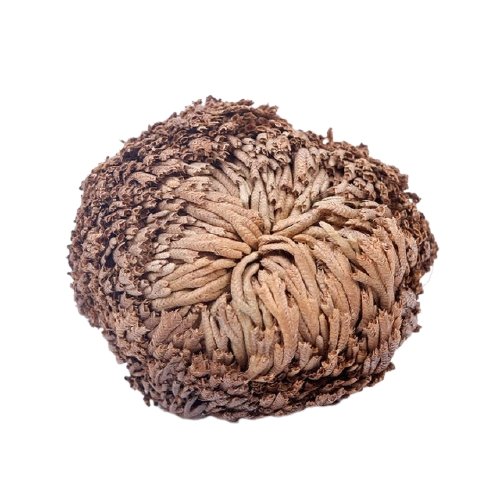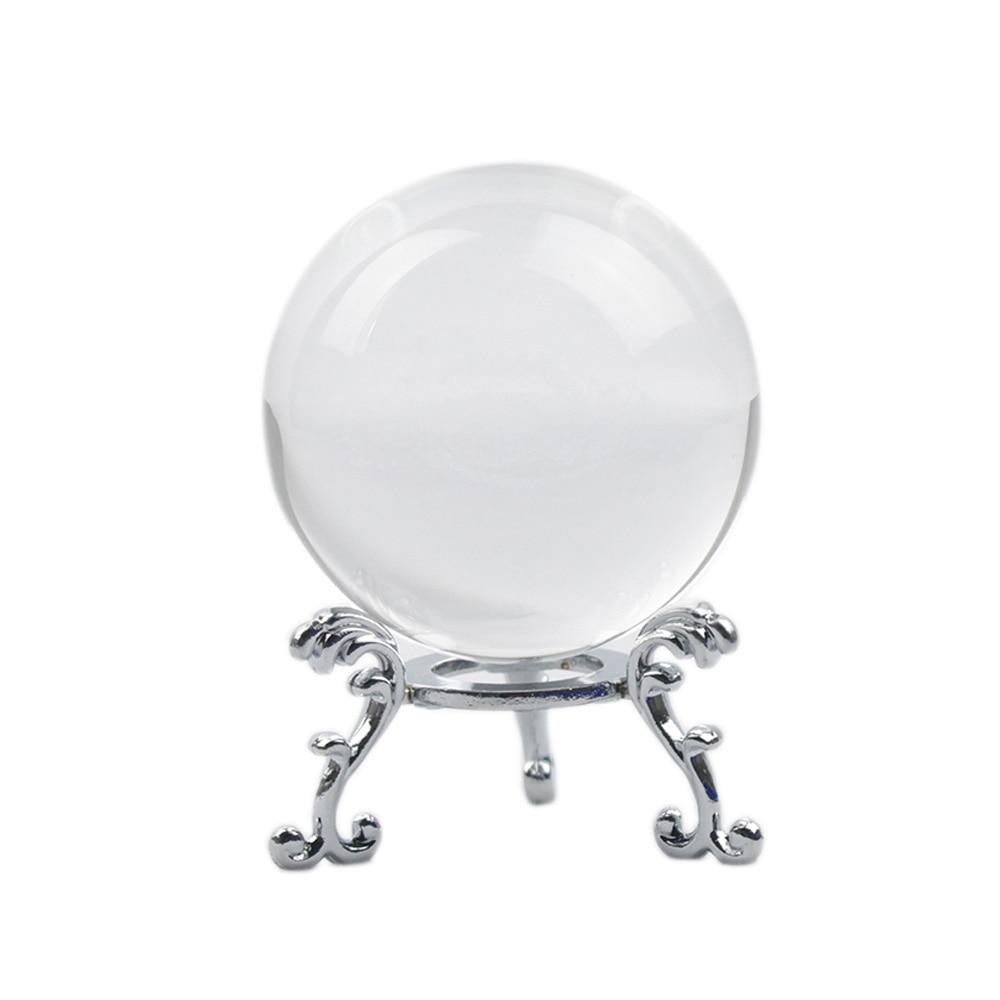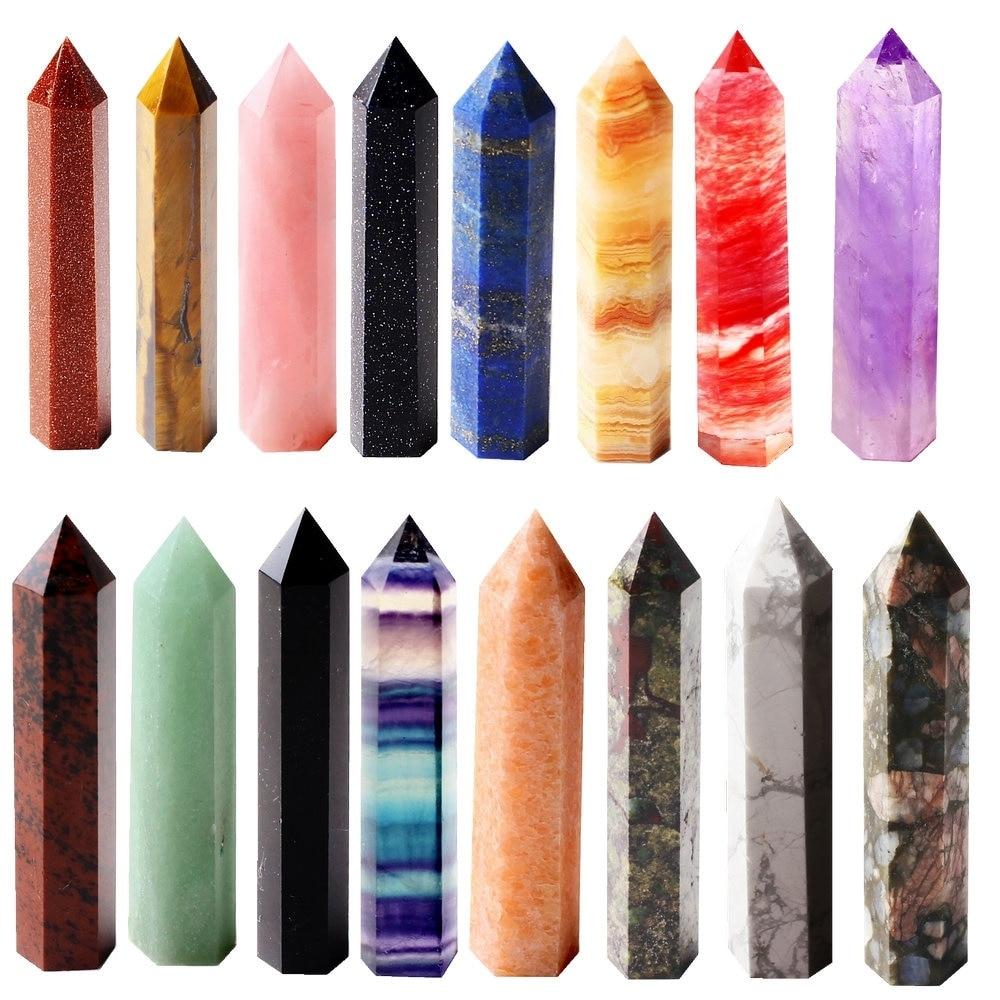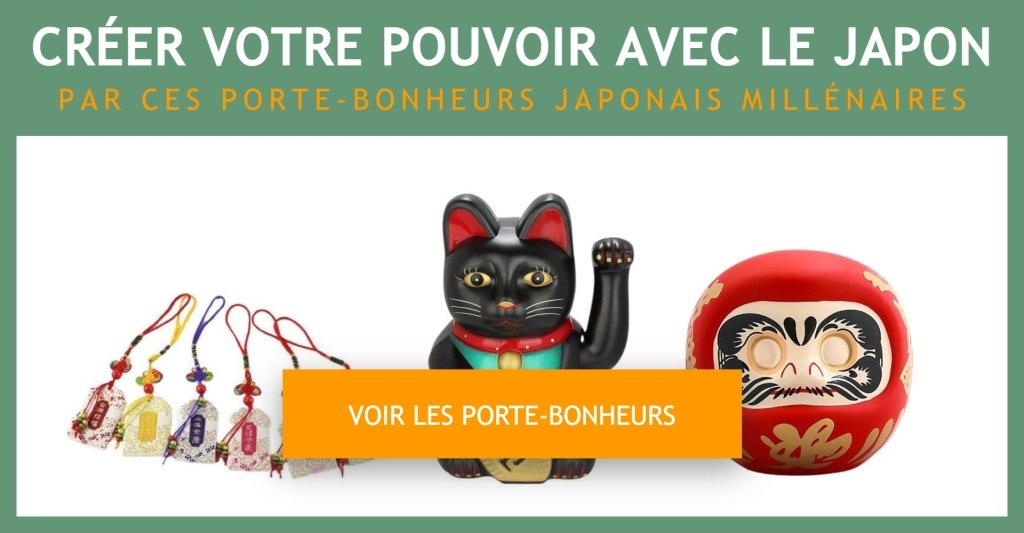Secrets of Japanese Magic (Spirituality, Symbols, History)
Japanese magic is an ancient form of spirituality that dates back millennia. It is an esoteric practice composed of Shintoism, onmyo-do and divination using the symbols of the Chinese Taoist tarot. These techniques offer adepts access to deeper levels of spiritual awareness and allow them to interact with this subtle but powerful flow.
This ancestral practice allows the faithful to access hidden dimensions to find answers to the questions they ask themselves or to discover their true intimate aspirations.
Contents :
1. The basics of Japanese magic
2. What type of wizard practiced Japanese magic?
3. Written/historical traces of Japanese magic
4. The yokai, deities of Japanese magic
7. Divination in Japanese magic
8. Potions, spells and natural remedies

The basics of Japanese magic
Japanese magic, also known as Modo or Ondoyai, is an esoteric practice that dates back to ancient Japan. It is based on Shinto and Buddhist beliefs and knowledge of Chinese astrology.
Japanese magic uses natural energies to influence daily life. Rituals, spells and amulets help harmonize these forces in order to lead a happier spiritual life.

What type of wizard practiced Japanese magic?
In Japan, the Ondoyai were responsible for using magic. These experts, astrologers and diviners worked with samurai or political leaders to maintain balance between the human and spiritual worlds.
They were called to make major strategic decisions thanks to their divinatory ability.
The Ondoyai have established themselves as a major figure in the ancient history of the country.
Their exceptional skills allowed leaders to protect their citizens by making the right decisions at the right time.
Written/historical traces of Japanese magic
The Japanese have practiced magic since ancient times. One of the best-known works is: "The Book of Yin-Yang", written by Abbot no S'émet a renowned Ondoyé during the Henan era (794-1185). This book explains the fundamentals of Japanese magic and provides a series of instructions for performing various spells and rituals.
There are several ancient texts which allude to this ancestral practice. The "Book of Yin-Yang" provides detailed information on the subject as well as instructions for successfully performing certain rituals and spells. It was written by Abbot no S'émet a very respected Ondoyé during the Henan era (794 - 1185).
This book covers the key concepts of magic in Japan: it details how to perform various spells and rituals while explaining their deeper meaning. The knowledge these pages offer is therefore invaluable for those who wish to learn about the Japanese occult arts!

Yokai, deities of Japanese magic
Tokai is an important part of Japanese folklore. These supernatural creatures can be benevolent or malevolent depending on their intent. Certain tokais are associated with specific places and certain times of the year.
They are also an integral part of exorcism rituals and often protect people who invoke their names.
Japan is rich in myths, legends and magic related to the Tokais, which explains why they have such an important place in traditional Japanese culture.

Symbol #1: the Torii
The Torii is an important symbol for Shintoism, the traditional religion of Japan. It consists of a sacred door in orange-red wood and two vertical pillars surmounted by a horizontal crossbar.
This structure represents the passage between the spiritual and human worlds. Practitioners often use it as a magical icon to establish a connection with protective deities.
It is used to invoke spiritual entities to protect and bless those around this sacred door.

Symbol #2: the Maneki-neko
The Maneki-Neko is an essential symbol of Japanese culture. Called "Lucky Cat", it depicts a seated cat raising one paw in greeting.
This object has long been used in Japanese magic to attract prosperity and repel bad energies. It is frequently found at the entrance to homes, businesses or even workplaces.
It is therefore used to bring luck to the inhabitants and visitors who appear before it.
Divination in Japanese magic
Japanese magic includes divination, a practice that helps sorcerers make wise decisions and anticipate the future. The Ondoyai observe the stars and interpret the flight of birds to obtain information. They also use the Yi Jin (Book of Transformations) as a guessing tool.
These methods are essential to properly guide their clients towards a promising future. They can also be useful in answering questions asked by people interested in Japanese magic and its ancestral beliefs.

Potions, spells and natural remedies
Practitioners of Japanese magic have developed various potions, spells and natural remedies to cure physical or mental ailments, as well as to improve general well-being. These preparations often included traditional medicinal herbs such as ginseng or ginger, as well as certain animal substances with specific healing properties.
The plants use a variety of invigorating extracts that are known to be powerful and effective. Wonder herbs can soothe muscle pain and soothe the stressful mind of the human body. They can also boost immunity by increasing the levels of antioxidants in our body to help fight common illnesses.
In addition, certain animal substances considered sacred by Japanese culture have also been intrigued by this ancestral alchemy - such as red coral or certain products from rare reptiles - which underlines the spiritual depth attached to this ancestral art of ancient Japan..
The importance of Shinto in Japanese magic
Shintoism is a Japanese animist religion present in magic. Kami are worshiped for spiritual assistance and performing purification rituals before magical practices.
This religion is characterized by its belief in spirits present everywhere, whether in mountains, rivers or even trees. Connection with the spiritual world is therefore possible thanks to Shinto rites.
It is frequently used to clean a place before any specific magical operation.

Conclusion: Japanese magic today?
Although some traditional forms of Japanese magic have evolved over the years, it still persists today. Modern Ondoyai perpetuate this ancient practice by adapting it to our contemporary world.
The fascination with the supernatural is still very widespread in Japan, where it is easy to find shops offering protective amulets, personalized spells and divinatory services.
In short, although it is less known in the West, Japanese magic offers a cultural and spiritual richness that arouses interest among those who are interested in it.
Lucky charm featured in this article

Dried Rose of Jericho
See more
White Sage
See more
Crystal Ball
See more
Crystal Obelisk
See more


